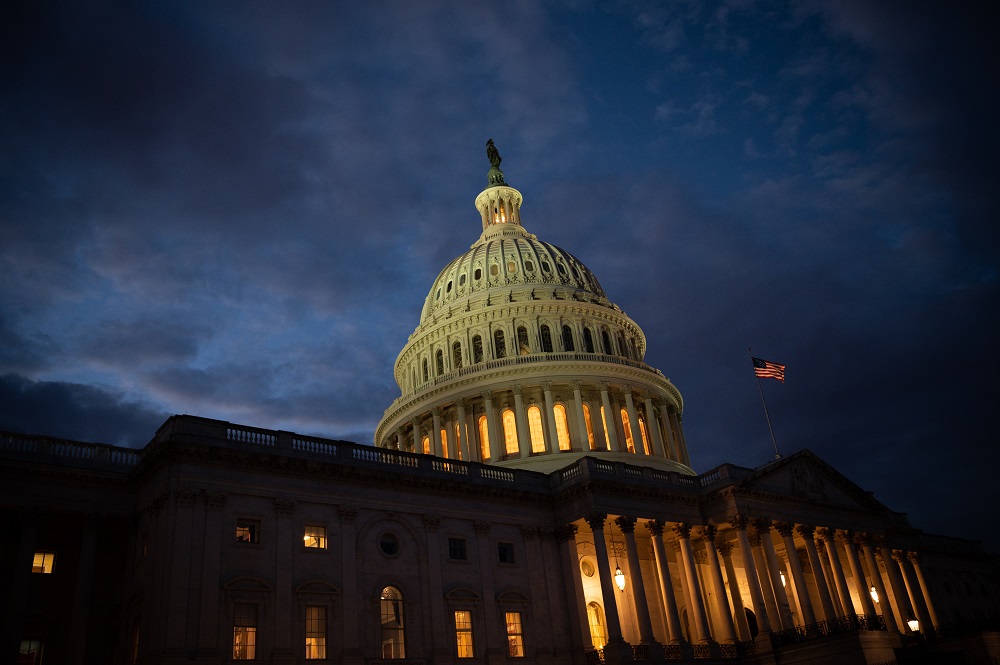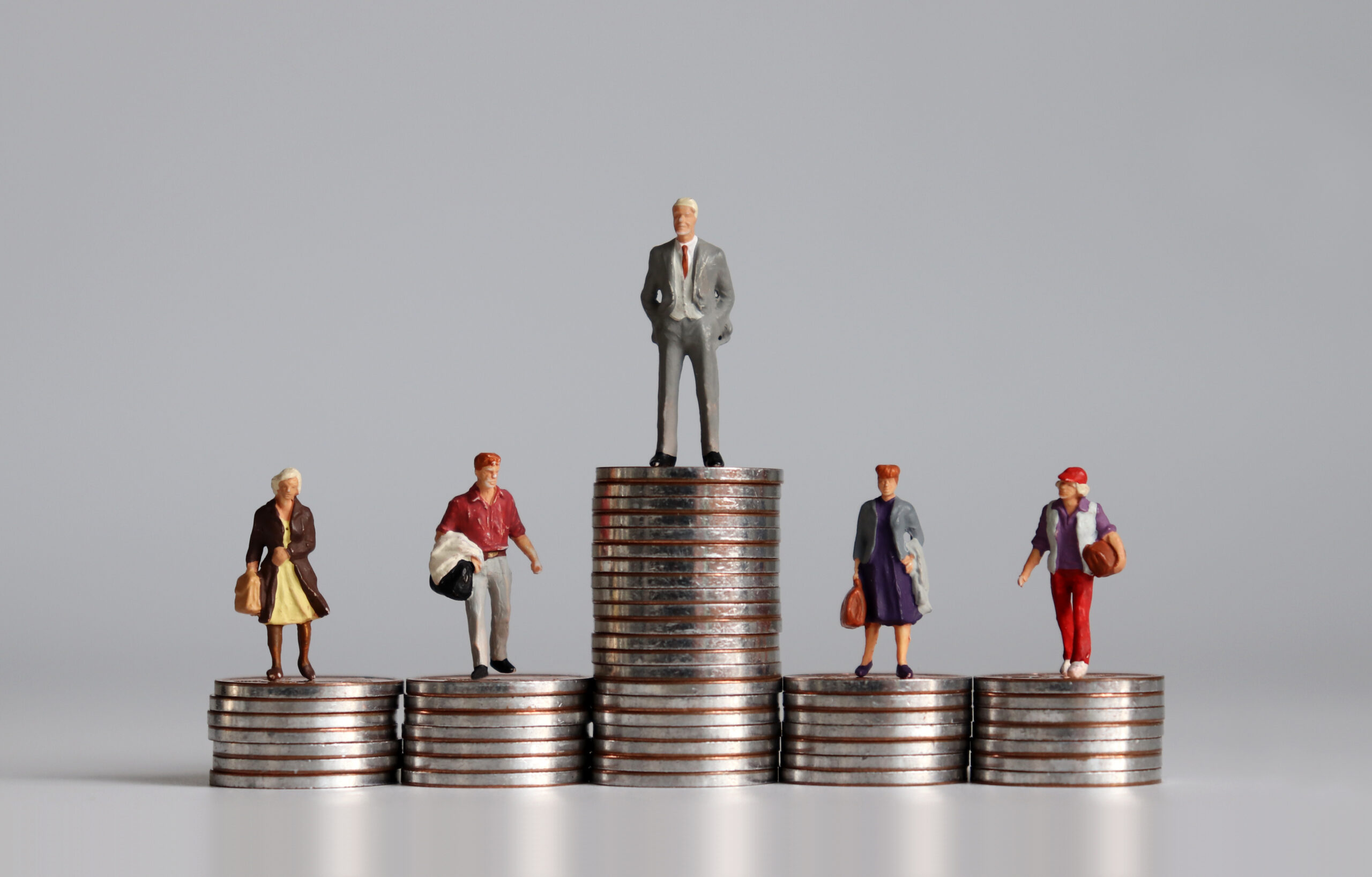
February 2, 2024
Has Intergenerational Progress Stalled? Income Growth over Five Generations of Americans
Abstract We find that each of the past four generations of Americans was better off than the previous one, using a post-tax, post-transfer income measure constructed annually from 1963-2022 based on the Current Population Survey Annual Social and Economic Supplement. At age 36–40, Millennials had a real median household income that was 18 percent higher…

January 15, 2024
The Economy Is Good. Why Do Consumers Feel So Bad?
As we approach another federal election cycle, there will be a lot of talk about the state of the economy. Are Americans better off, economically speaking, than they were when President Biden took office three years ago? Despite our having lived through a pandemic and the resulting unprecedented economic shocks, it still should be a…

January 12, 2024
When It Comes to the State of the American Economy, Let’s Keep It Real
Here we go again. An oft-repeated economic claim on social media is that most Americans lack the means to cover a $400 emergency expense. More evidence that most of us in “late capitalist” America live paycheck to paycheck. Indeed, another common claim on social media is that nearly 80 percent of US workers live paycheck…

December 18, 2023
The State of Democratic Capitalism: 2023
How to assess the health of democratic capitalism in the United States? Fundamentally, it is very strong. The marriage of democratic politics and a free-market economy continues to strengthen each, with free markets generating the employment opportunities and prosperity that lead to widespread support for our political system and the rule of law, strengthen democratic…

December 14, 2023
The Myth of the 1%
The skewing of income toward the top 1% of earners has become a central issue in American politics, with both Republicans and Democrats proposing higher taxes on the rich. But new research finds that it may not be true, suggesting that policymakers would do better to focus more on helping the working class. WASHINGTON, DC—For…

December 11, 2023
Has Inequality Made Americans Poorer than Bulgarians, Russians, and Filipinos?
A recent column by John Burn-Murdoch in the Financial Times presents statistics side-by-side showing that “the wealthiest Americans are the richest people in the developed world, but America’s poorest are also the most likely to go hungry.” The chart buttressing the latter part of that conclusion shows that in over 12 percent of American households,…

November 14, 2023
The Impact of Opportunity Zones on Private Investment and Economic Activity
Abstract Place-based policies aim to stimulate economic development in disadvantaged areas with the goal of improving the well-being of residents. A provision of the Tax Cuts and Jobs Act aimed to spur private investment in low-income areas called Opportunity Zones (OZs). We evaluate the impact of OZs on investment using data on the near-universe of…

November 14, 2023
The Comeback City
Introduction “Given New York Today, Could Anyone Lead It?” So bemoaned a 1991 New York Times headline after decades of failure and futility.1 Crime was endemic, schools were failing, poverty was pervasive, and the economy had stagnated. From John Lindsay to David Dinkins, mayor after mayor had tried to tackle these problems. They had all…

November 14, 2023
Forget the Economics of Grievance
Introduction Donald Trump’s ascendancy has inflicted many changes on the right, including substantially altering its posture on economic issues.1 Where this blend of economic nationalism and conservative populism has been tried, it has been found wanting—at least, if you take the goal of working-class populism to be better opportunities and outcomes for the working class. And…

October 30, 2023
Does Wage Theft Vary by Demographic Group? Evidence from Minimum Wage Increases
Using Current Population Survey data, we assess whether and to what extent the burden of wage theft — wage payments below the statutory minimum wage — falls disproportionately on various demographic groups following minimum wage increases. For most racial and ethnic groups at most ages we find that underpayment rises similarly as a fraction of…